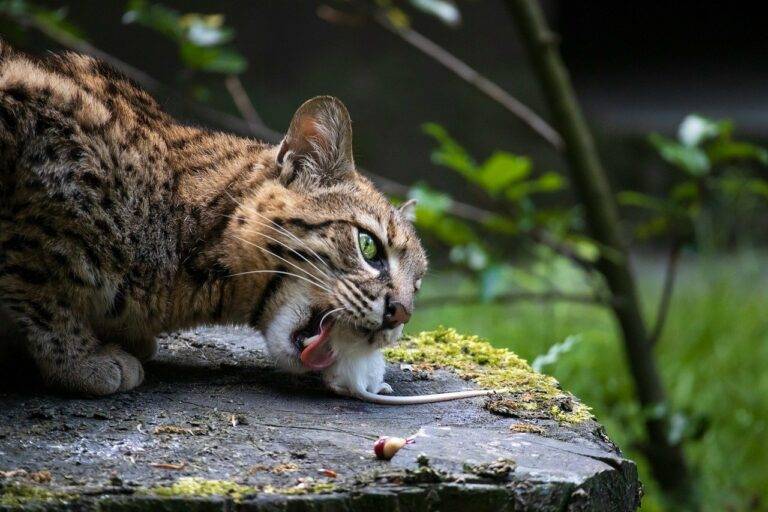The Influence of Climate Change on Cocktail Ingredients: Adapting to Shifting Agricultural Patterns
11xplay online, indian 24bet, skyinplay login:Climate change is a pressing issue that is affecting every aspect of our lives, including the ingredients we use in our favorite cocktails. As the climate continues to change, agricultural patterns are shifting, impacting the availability and quality of ingredients used in cocktails around the world. Bartenders and mixologists are facing the challenge of adapting to these changes to ensure that they can continue to create delicious and innovative drinks for their customers.
In this article, we will explore the influence of climate change on cocktail ingredients and discuss how the industry is adapting to shifting agricultural patterns. We’ll take a closer look at some of the key ingredients that are being affected by climate change and provide insights on how bartenders can source sustainable alternatives. With a little creativity and resourcefulness, we can all do our part to support a more sustainable cocktail culture.
Key Ingredients Impacted by Climate Change
1. Citrus Fruits
One of the most iconic ingredients in cocktails, citrus fruits are facing significant challenges due to climate change. Varieties such as lemons, limes, and oranges are highly susceptible to fluctuations in temperature and humidity, which can affect their yield and quality. Bartenders may need to explore alternative citrus varieties or seek out suppliers in regions less impacted by climate change to ensure a consistent supply of fresh fruits for their cocktails.
2. Herbs and Spices
Herbs and spices play a crucial role in adding complexity and flavor to cocktails. However, climate change is affecting the growth and availability of these ingredients, leading to potential shortages and price increases. Bartenders can consider growing their own herbs or working with local farmers to source fresh and sustainable herbs and spices for their drinks.
3. Sugar Cane
Sugar cane is a key ingredient in many cocktail syrups and liqueurs. However, changing weather patterns and water scarcity are putting pressure on sugar cane production in some regions. Bartenders may need to explore alternative sweeteners such as honey, agave nectar, or maple syrup to reduce their reliance on sugar cane and support more sustainable farming practices.
4. Agave
Agave is the base ingredient in tequila and mezcal, two beloved spirits in the cocktail world. Climate change is threatening the agave plant’s natural habitat, making it more challenging to cultivate and harvest. Bartenders can support sustainable agave cultivation by sourcing spirits from producers committed to environmental stewardship and conservation efforts.
Adapting to Shifting Agricultural Patterns
1. Embrace Seasonal Ingredients
To mitigate the impact of climate change on cocktail ingredients, bartenders can embrace seasonal produce and adapt their menus accordingly. By incorporating locally sourced and in-season ingredients, bartenders can support sustainable farming practices and reduce their carbon footprint.
2. Collaborate with Local Farmers
Building relationships with local farmers and producers is essential for ensuring a consistent supply of fresh and sustainable ingredients. Bartenders can work closely with farmers to understand the challenges they face due to climate change and explore innovative solutions to support their businesses.
3. Experiment with Alternative Ingredients
As traditional cocktail ingredients become more scarce or expensive due to climate change, bartenders can get creative and experiment with alternative ingredients. From using foraged herbs and fruits to exploring indigenous spirits, there are plenty of opportunities to innovate and create unique flavors in cocktails.
4. Educate Customers
Bartenders play a crucial role in educating customers about the impact of climate change on cocktail ingredients and the importance of supporting sustainable practices. By sharing stories about the origins of their ingredients and the efforts taken to source them ethically, bartenders can inspire customers to make more mindful choices when ordering drinks.
5. Support Sustainable Brands
Choosing to work with sustainable brands and products is another way bartenders can make a positive impact on the environment. By supporting companies that prioritize environmentally friendly practices and ethical sourcing, bartenders can contribute to a more sustainable cocktail industry.
FAQs
Q: How can bartenders reduce food waste in their cocktail programs?
A: Bartenders can reduce food waste by using all parts of an ingredient, such as citrus peels for garnishes or herb stems for infusions. They can also repurpose leftover ingredients in syrups, shrubs, or bitters to minimize waste.
Q: What are some sustainable cocktail trends to look out for?
A: Sustainable cocktail trends include zero-waste cocktails, using locally sourced ingredients, and incorporating eco-friendly practices such as composting and recycling in bar operations.
Q: How can consumers support sustainable cocktail practices?
A: Consumers can support sustainable cocktail practices by choosing bars and restaurants that prioritize sustainability, asking about the origins of ingredients, and opting for drinks made with locally sourced and ethically produced spirits and mixers.
In conclusion, the influence of climate change on cocktail ingredients is a growing concern for the industry. By adapting to shifting agricultural patterns and embracing sustainable practices, bartenders and mixologists can continue to create delicious and innovative drinks for their customers while supporting a more environmentally conscious cocktail culture. Let’s raise a glass to a brighter and more sustainable future for cocktails!







